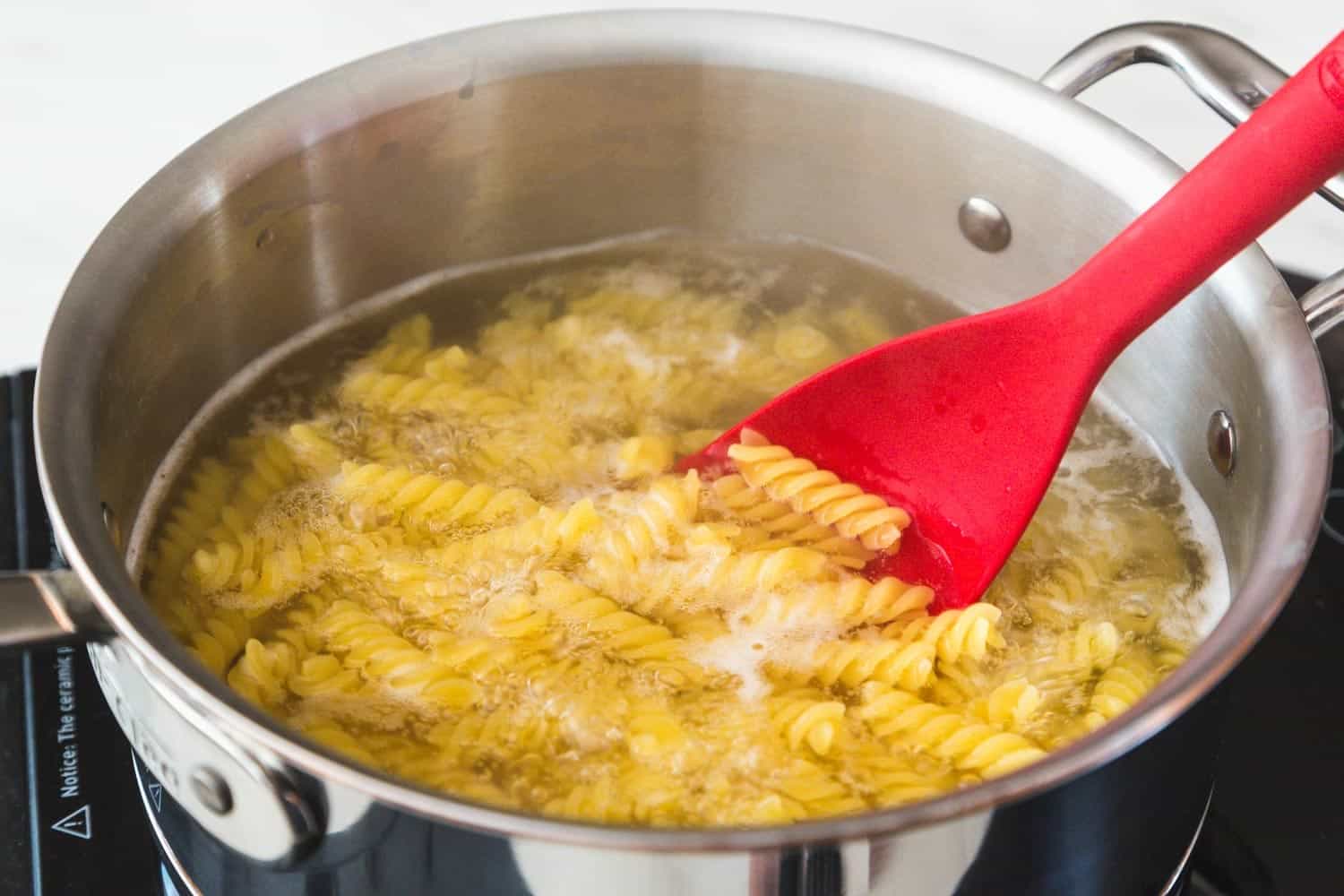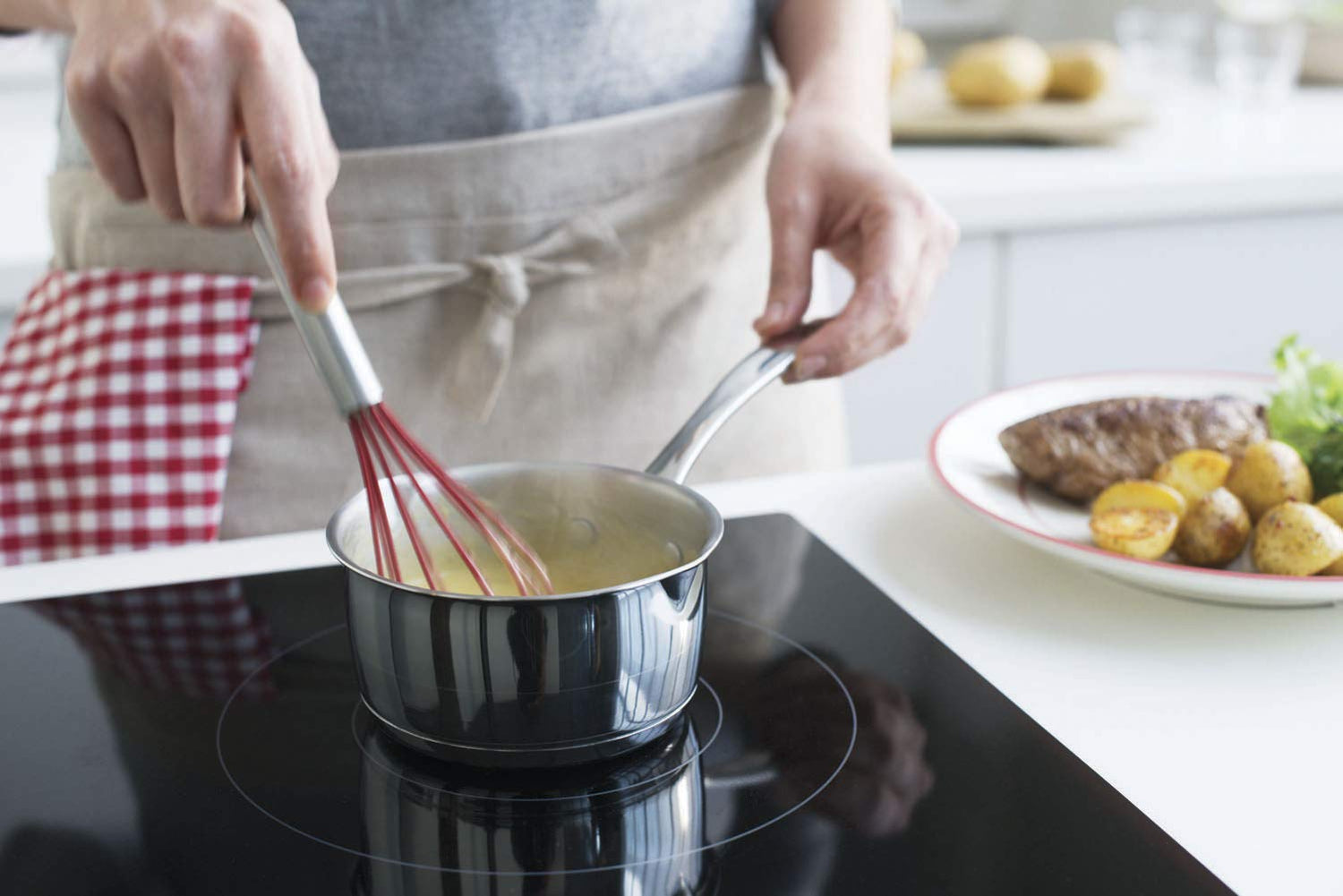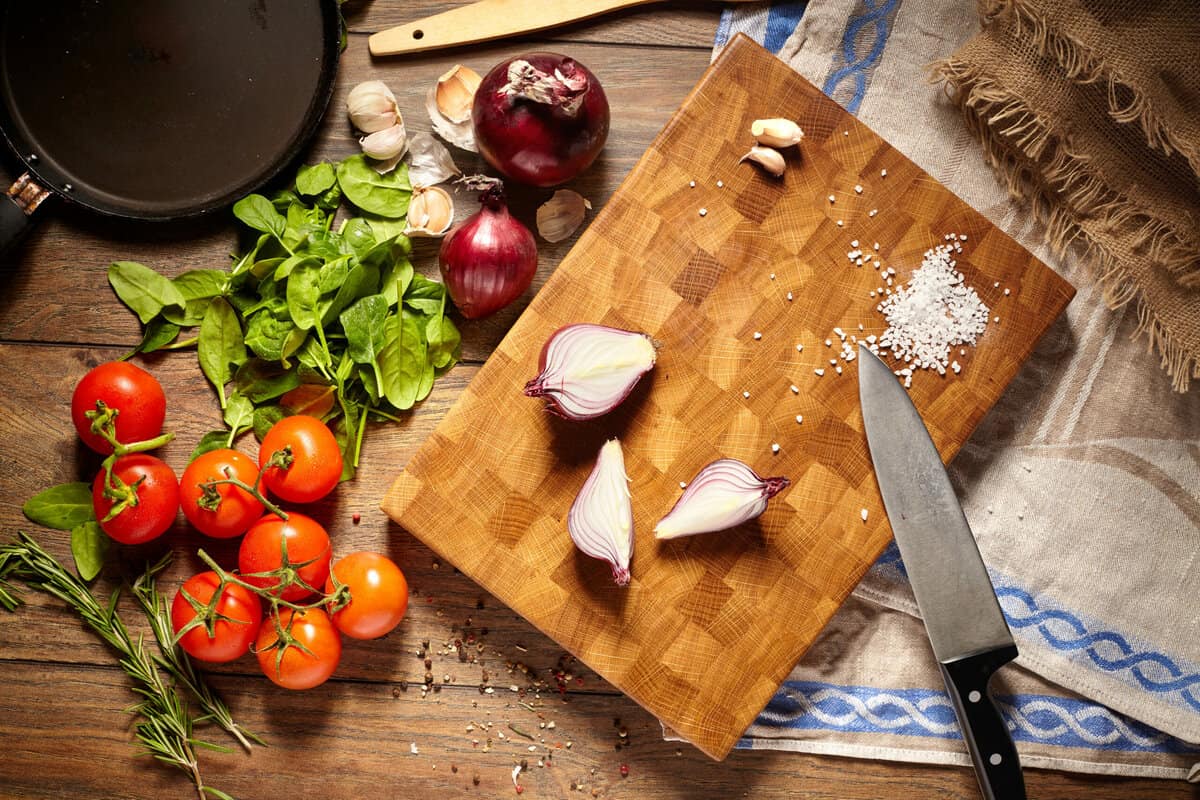When working in the kitchen, especially in a professional setting, timing is crucial. One of the basic yet essential tasks in cooking is boiling water. This seemingly simple process can vary significantly based on several factors. Understanding how long does it take to boil water in a saucepan is important for every kitchen professional. In this article, we will explore the various aspects that influence boiling times, along with tips to make the process more efficient.
Boiling water is often the first step in recipes such as making pasta, cooking vegetables, or preparing stocks. However, the time it takes can differ depending on the saucepan's size, the heat source used, the altitude of the kitchen, and other factors. By knowing the right techniques and factors affecting boiling time, you can streamline your cooking process significantly.

Factors Influencing Boiling Time
1. Size and Material of the Saucepan
The saucepan's size directly impacts the time required to boil water. A larger pot holds more water, thereby, increasing the time needed to reach the boiling point. Additionally, the material of the saucepanwhether it's stainless steel, aluminum, or copperalso plays a role. For instance, copper conducts heat better than stainless steel, allowing it to boil water faster. For more information on saucepan materials, you can check out this resource.
2. Heat Source
Different heat sources can lead to varying boiling times. A gas stove tends to heat water more quickly than an electric stove. Induction cookers provide even faster results, especially with the right cookware. Ensuring that the surface of the saucepan is in direct contact with the heat source is essential for faster boiling.
3. Water Temperature
Starting with hot tap water can shave off a minute or two from your boiling time. If you begin with cold water, it will naturally take longer to boil. Every little bit helps in a professional kitchen where time is of the essence.
4. Altitude
Interestingly, the altitude of the kitchen can also affect how long it takes to boil water. Boiling occurs at a lower temperature at higher altitudes, meaning water can take longer to reach a rolling boil. For kitchens located in high-altitude areas, adjustments should be made accordingly.

How to Optimize Boiling Time
1. Use the Right Amount of Water
Assess how much water you actually need for your dish. Filling the pot to the brim wastes time and energy. The less water you use, the faster it will boil.
2. Cover the Pot
Using a lid on the saucepan traps steam, which helps to raise the water temperature quicker. This method can significantly decrease boiling time and should be employed whenever possible.

Frequently Asked Questions (FAQ)
1. How long does it typically take to boil water in a saucepan?
On average, it takes about 5 to 10 minutes to boil water in a saucepan, depending on various factors.
2. What type of saucepan is best for boiling water?
A stainless steel or copper saucepan is generally best for boiling water due to their heat conductivity.
3. Can I boil water on a microwave?
Yes, you can boil water in a microwave, but it is generally slower than boiling on a stovetop.
Conclusion
In summary, knowing how long does it take to boil water in a saucepan involves understanding the interplay of factors like the saucepan's size and material, the heat source, and water conditions. This knowledge is essential for kitchen professionals, where efficiency and timing are key. Always remember to optimize your methods to ensure that you are working as effectively as possible.
As an Amazon Associate, I earn from qualifying purchases.






Leave a comment
This site is protected by hCaptcha and the hCaptcha Privacy Policy and Terms of Service apply.